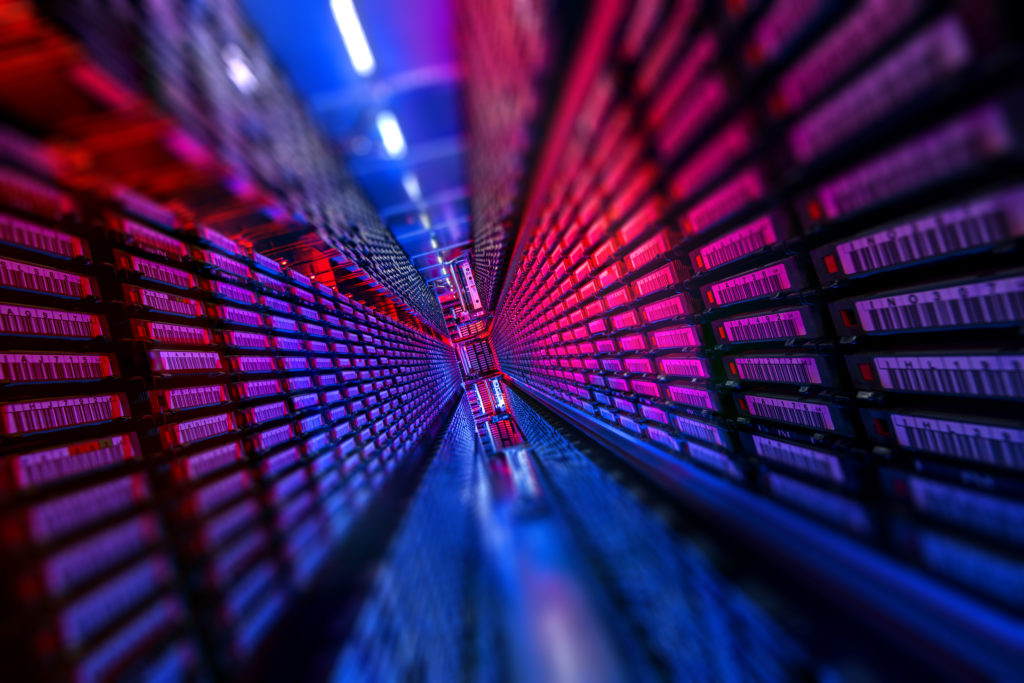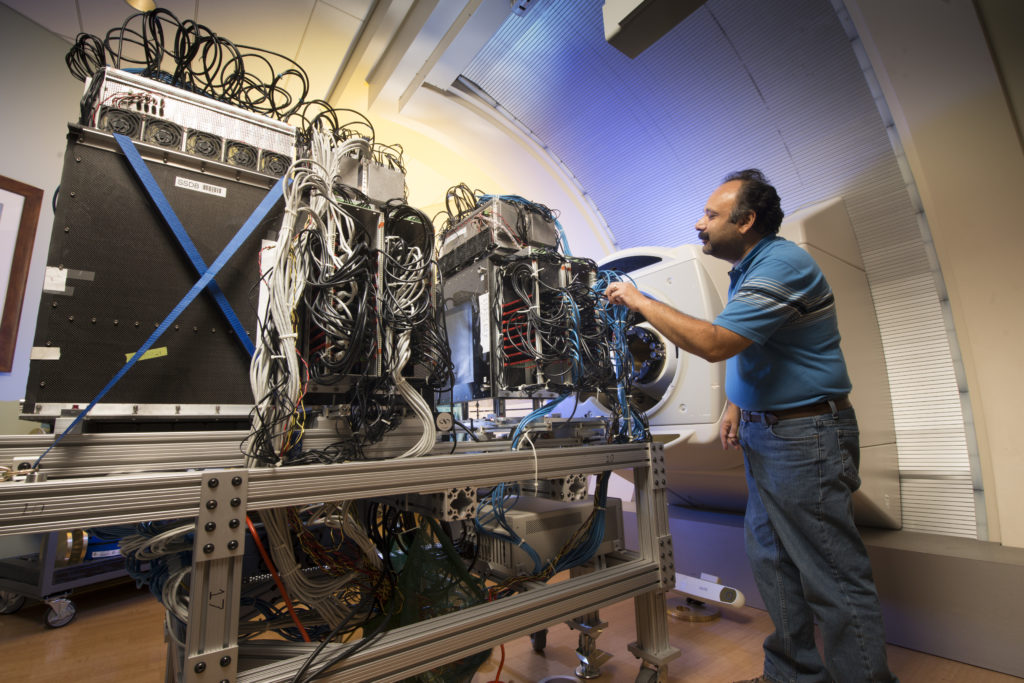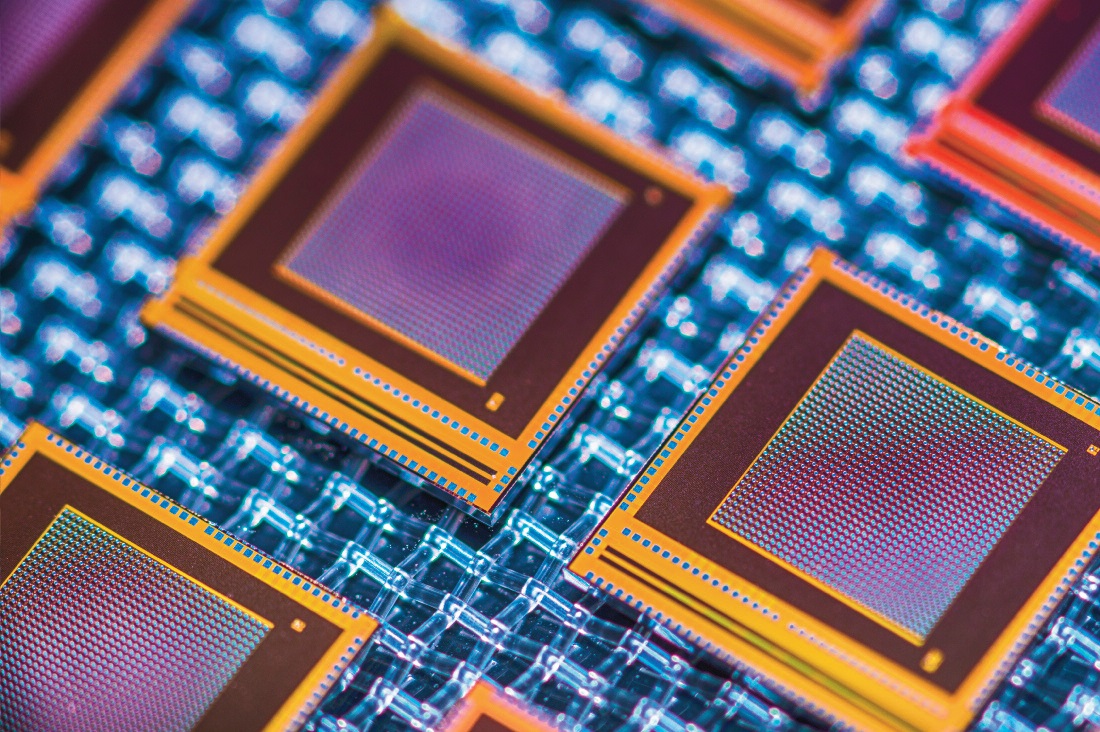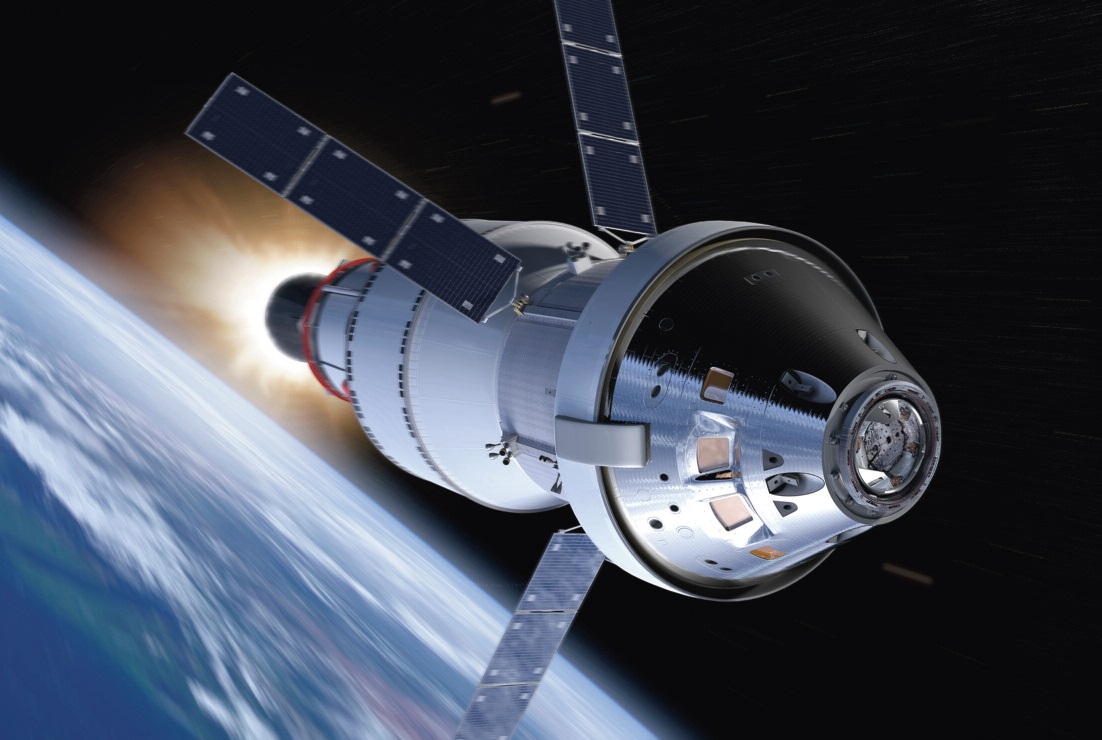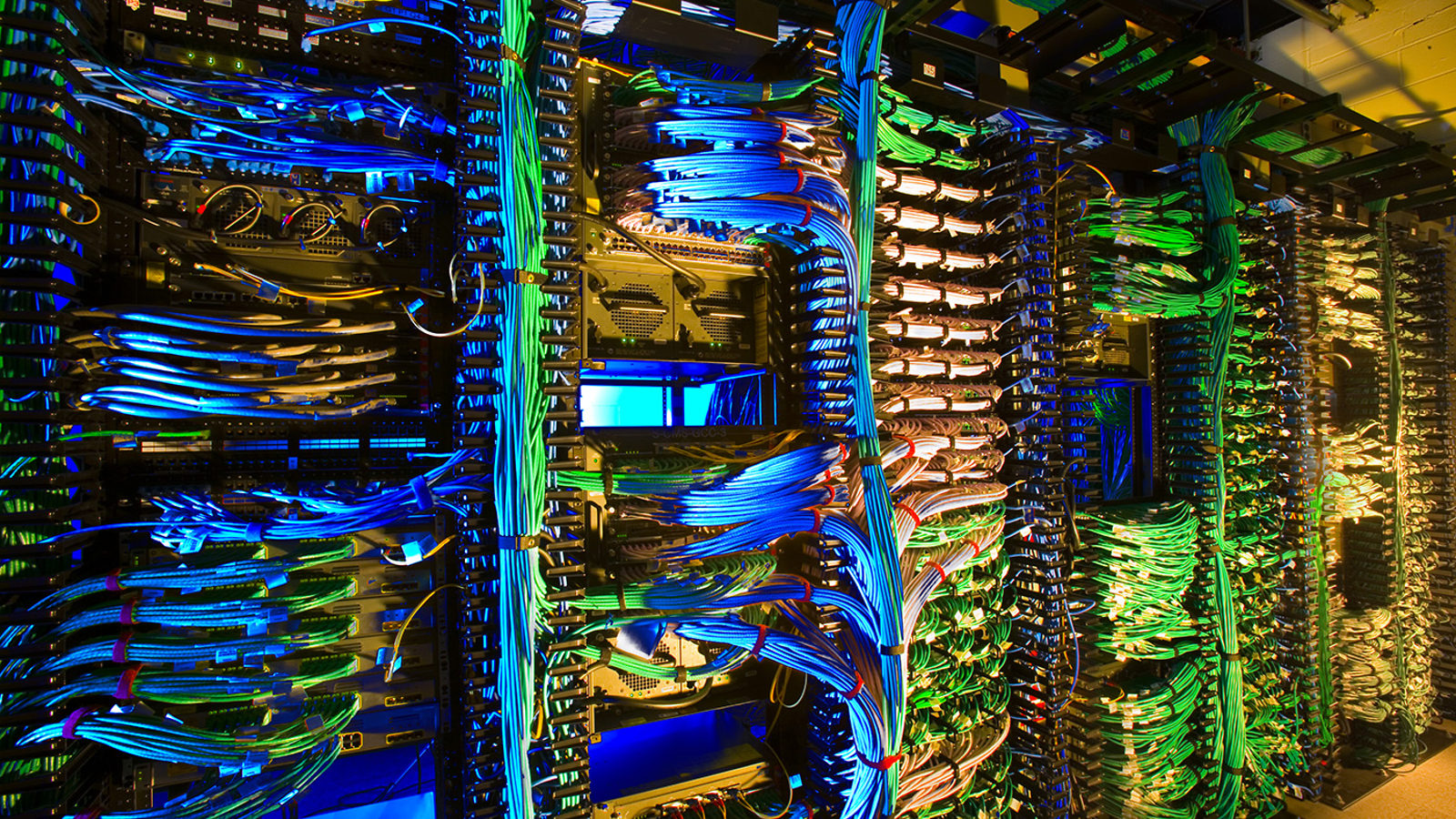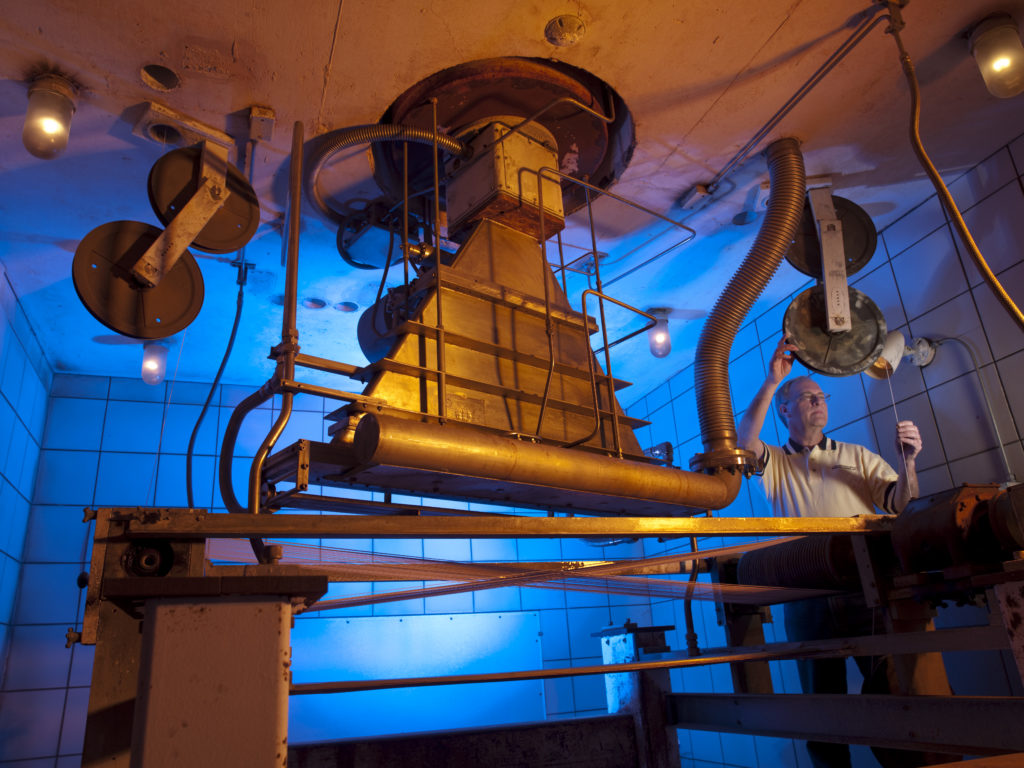Medicine
- The pharmaceutical industry uses X-ray beams created by particle accelerators to develop more effective drugs to fight disease.
- Next-generation medical imaging devices are being powered by detectors developed for particle physics experiments.
- Radiation treatment plans for cancer are powered by software originally developed to model particle detectors, and treatments with gamma rays and protons are delivered using particle accelerator technology.

